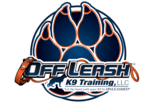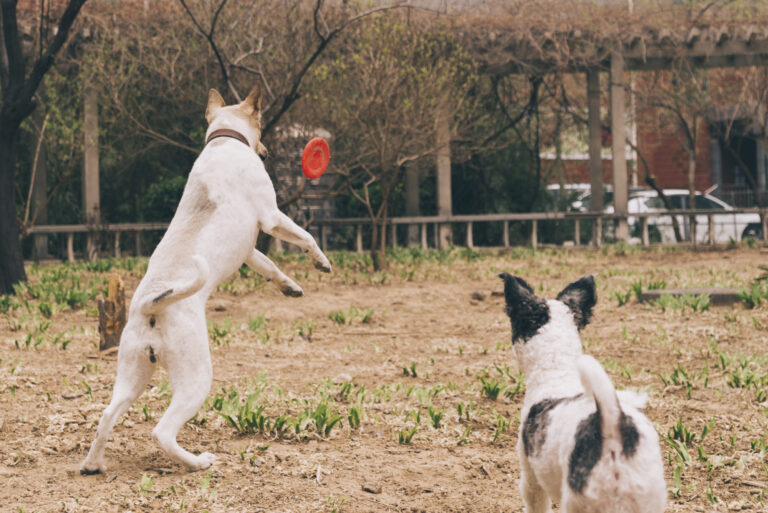How To Stop My Dog From Nipping, Play Biting, or Mouthing
At our Puppy Training Classes in Northern Virginia, we address play biting and nipping a lot. Many people refer to this behavior as different things such as, play biting, nipping, and mouthing.
Some dogs are more prone to this than other dogs; such as, Malinois, Australian Shepherds, German Shepherd, Huskies, etc. These are all what we refer to as “prey driven” “herding” dogs; meaning, they instinctually want to herd and chase things (squirrels, rabbits, etc).
As puppies, these dogs have these natural herding tendencies or nipping at your heels, shoes, hands; however, many inexperienced people have confused this behavior for aggression, which is definitely not the case. Although your puppy does this with no malice intent, puppy teeth are still sharp and quite frankly, they can hurt!
This is a behavior that you definitely wanted to get nipped in the bud (no pun intended, okay well, maybe). Why it is important to address this play biting in your puppy now is so it is not an issue when your cute puppy is possibly 1-year old and 85+ pounds.
What Can You Do To Stop or Help Play Biting In Your Dog?
This is a question we answer daily at our dog training facility in Northern Virginia.
First, you must understand what dogs and puppies do during play and you must replicate this same behavior. When litter mates are playing in their early life (8-weeks and below), they learn something called, “bite inhibition.” Bite inhibition simply means that your puppy learns how to control or regulate the force of his/her bite while playing with the other litter mates.
When one litter mate bites another litter mate too harshly, that litter mate will let out a “yelp” and the play terminates. So, the offending puppy learns, “I used my mouth too hard and now the fun stops.” You know the famous quote among us humans, “It’s all fun and games until someone gets hurt?” Well, guess what, puppies and even adult dogs use this same quote, they just speak it in a different language.
So, when your puppy starts biting on you, you too can replicate this same behavior that their litter mates have done. You let out a little “yelp” and then end the play session, you can either put the puppy in a different room or you can go into a different room. After 20-30 seconds, come back out and resume the play, then repeat.
If you find this is not a deterrent for your mouthy puppy, you can go to any dog store and get something called, “Bitter Apple Spray.” This a liquid in a spray bottle that was developed specifically for dogs (safe and effective) and it has a very bitter flavor to it. So, when your dog starts play biting or mouthing your arm, you can say “NO” and then spray this into their mouth. Your puppy quickly learns to associate mouthing with this bitter taste in their mouth.
Another thing you can do is anytime your puppy begins tugging/biting on your shoes, shirt, etc, try “replacing” it with something that they CAN have (toy, bone, tug, etc). So, you are correcting the behavior AND redirecting the behavior. Essentially you are telling your puppy, “Doing this is not acceptable, however, you can can play with this instead.” I have a great post on How To Properly Play Tug With Your Dog.
Lastly, try not to wrestle, slap around (in a playful way), or roughhouse with your puppy, this will only instigate him/her play biting, nipping, or mouthing. Remember, dogs do not have opposable thumbs like we humans do, so often times they investigate things using their teeth and mouth.
If you are still having troubles with your puppy or adult dog play biting, mouthing, or nipping, you should find a qualified trainer in your area to help with these issues.
www.offleashk9training.com
www.facebook.com/offleashk9
www.youtube.com/offleashk9training

